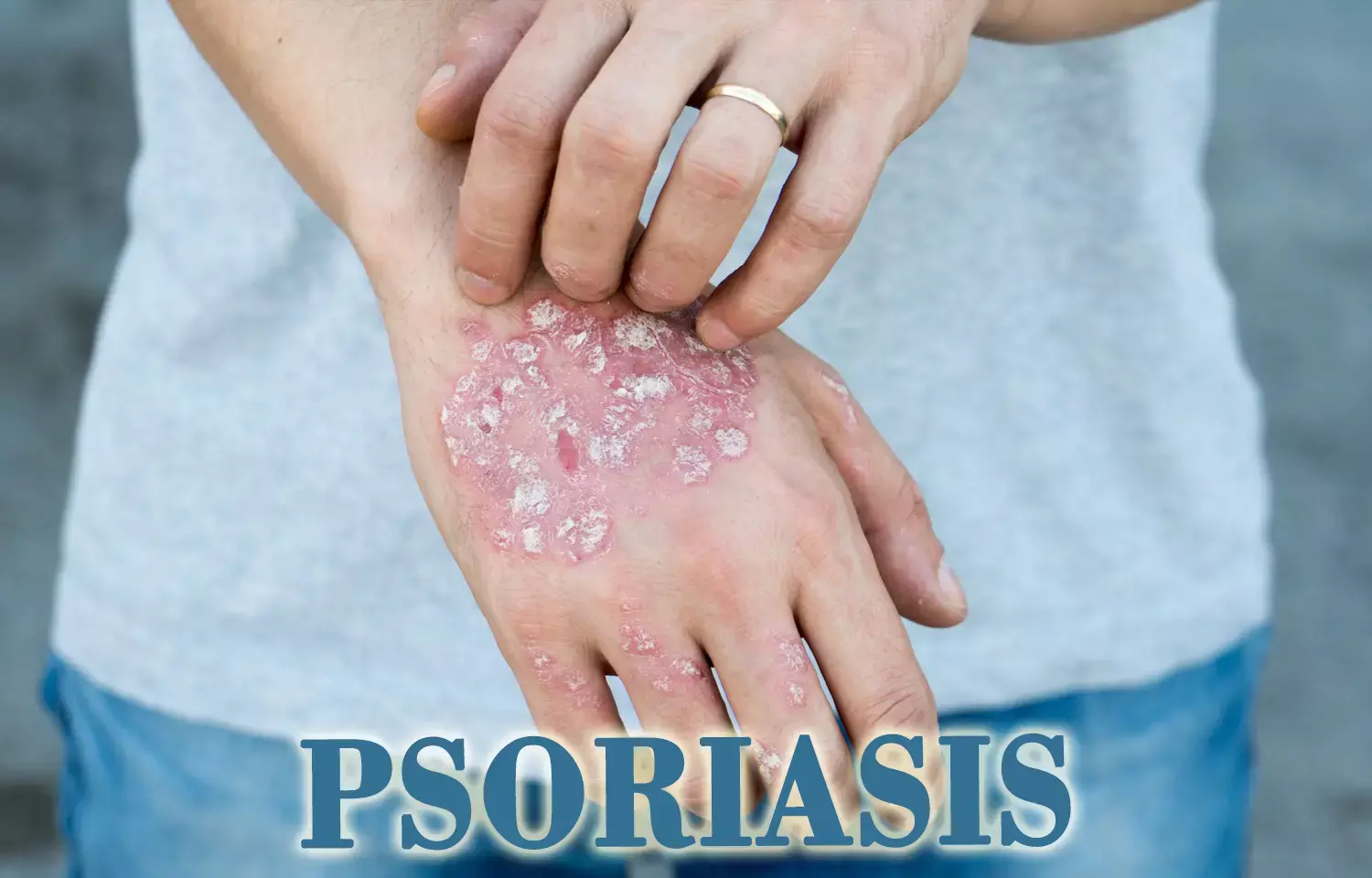- Home
- Medical news & Guidelines
- Anesthesiology
- Cardiology and CTVS
- Critical Care
- Dentistry
- Dermatology
- Diabetes and Endocrinology
- ENT
- Gastroenterology
- Medicine
- Nephrology
- Neurology
- Obstretics-Gynaecology
- Oncology
- Ophthalmology
- Orthopaedics
- Pediatrics-Neonatology
- Psychiatry
- Pulmonology
- Radiology
- Surgery
- Urology
- Laboratory Medicine
- Diet
- Nursing
- Paramedical
- Physiotherapy
- Health news
- Fact Check
- Bone Health Fact Check
- Brain Health Fact Check
- Cancer Related Fact Check
- Child Care Fact Check
- Dental and oral health fact check
- Diabetes and metabolic health fact check
- Diet and Nutrition Fact Check
- Eye and ENT Care Fact Check
- Fitness fact check
- Gut health fact check
- Heart health fact check
- Kidney health fact check
- Medical education fact check
- Men's health fact check
- Respiratory fact check
- Skin and hair care fact check
- Vaccine and Immunization fact check
- Women's health fact check
- AYUSH
- State News
- Andaman and Nicobar Islands
- Andhra Pradesh
- Arunachal Pradesh
- Assam
- Bihar
- Chandigarh
- Chattisgarh
- Dadra and Nagar Haveli
- Daman and Diu
- Delhi
- Goa
- Gujarat
- Haryana
- Himachal Pradesh
- Jammu & Kashmir
- Jharkhand
- Karnataka
- Kerala
- Ladakh
- Lakshadweep
- Madhya Pradesh
- Maharashtra
- Manipur
- Meghalaya
- Mizoram
- Nagaland
- Odisha
- Puducherry
- Punjab
- Rajasthan
- Sikkim
- Tamil Nadu
- Telangana
- Tripura
- Uttar Pradesh
- Uttrakhand
- West Bengal
- Medical Education
- Industry
Psoriasis patients at higher risk of VTE and peripheral vascular disease: JAMA

Taiwan: Research published in the journal JAMA Dermatology indicates that psoriasis patients may be at increased risk for new-onset peripheral vascular disease (PVD) and venous thromboembolism (VTE). The researchers further suggest that risk factors such as physical inactivity, obesity, and varicose veins, should be identified and treated in psoriasis patients. Also, caution should be taken while prescribing medications like hormone-related therapies.
Psoriasis, peripheral vascular disease, and venous thromboembolism have similar mechanisms that involve chronic inflammation. However, there is no clarity on the associations between the three (psoriasis and PVD or VTE). To shed light on the same, Tai-Li Chen, Hualien Tzu Chi Hospital, Buddhist Tzu Chi Medical Foundation, Hualien, Taiwan, and colleagues conducted a systematic review and meta-analysis to determine the association of psoriasis with incident VTE and PVD.
For this purpose, the researchers systematically searched the online databases for relevant publications from their respective inception through May 21, 2021. Cohort studies that investigated the risk for incident VTE or PVD in patients with psoriasis were selected independently by two authors.
Only 13 initially identified studies met the selection criteria for qualitative review and only 9 of these for quantitative analysis. A total of 13 cohort studies with 12 435 982 participants were included.
Following were the study's key findings:
- The meta-analysis demonstrated a significantly increased risk for incident VTE (pooled HR, 1.26) and PVD (pooled HR, 1.27) among patients with psoriasis.
- Subgroup analyses illustrated increased risk for incident VTE among participants with psoriatic arthritis (pooled HR, 1.24), women (pooled HR), and those in Asia (pooled HR, 2.02) and Europe (pooled HR, 1.28).
"The results suggest that there is an association of psoriasis with venous thromboembolism and peripheral vascular disease; however, there is a need for further research to understand how best to mitigate the potential increased risk of venous thromboembolism and peripheral vascular disease among patients with psoriasis and psoriatic arthritis," wrote the researchers.
"Typical presentations of VTE or PVD should not be overlooked in patients with psoriasis," they concluded.
Reference:
Chen T, Lee L, Huang H, et al. Association of Psoriasis With Incident Venous Thromboembolism and Peripheral Vascular Disease: A Systematic Review and Meta-analysis. JAMA Dermatol. Published online December 01, 2021. doi:10.1001/jamadermatol.2021.4918
Medical Dialogues consists of a team of passionate medical/scientific writers, led by doctors and healthcare researchers. Our team efforts to bring you updated and timely news about the important happenings of the medical and healthcare sector. Our editorial team can be reached at editorial@medicaldialogues.in.
Dr Kamal Kant Kohli-MBBS, DTCD- a chest specialist with more than 30 years of practice and a flair for writing clinical articles, Dr Kamal Kant Kohli joined Medical Dialogues as a Chief Editor of Medical News. Besides writing articles, as an editor, he proofreads and verifies all the medical content published on Medical Dialogues including those coming from journals, studies,medical conferences,guidelines etc. Email: drkohli@medicaldialogues.in. Contact no. 011-43720751


